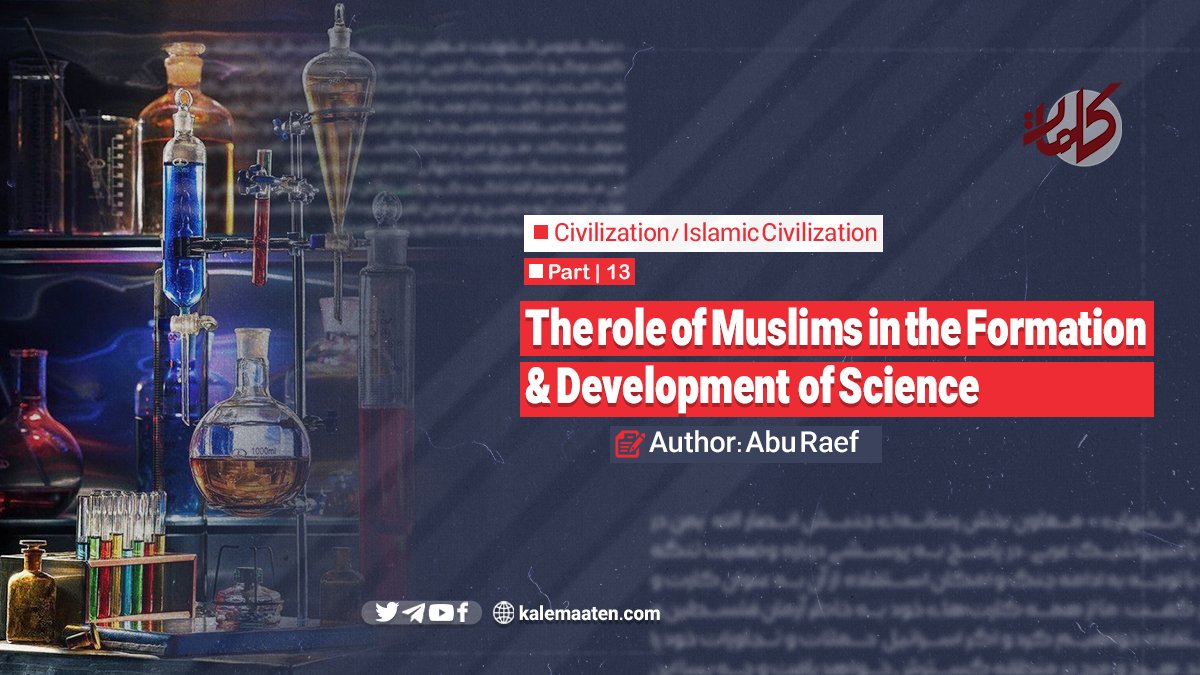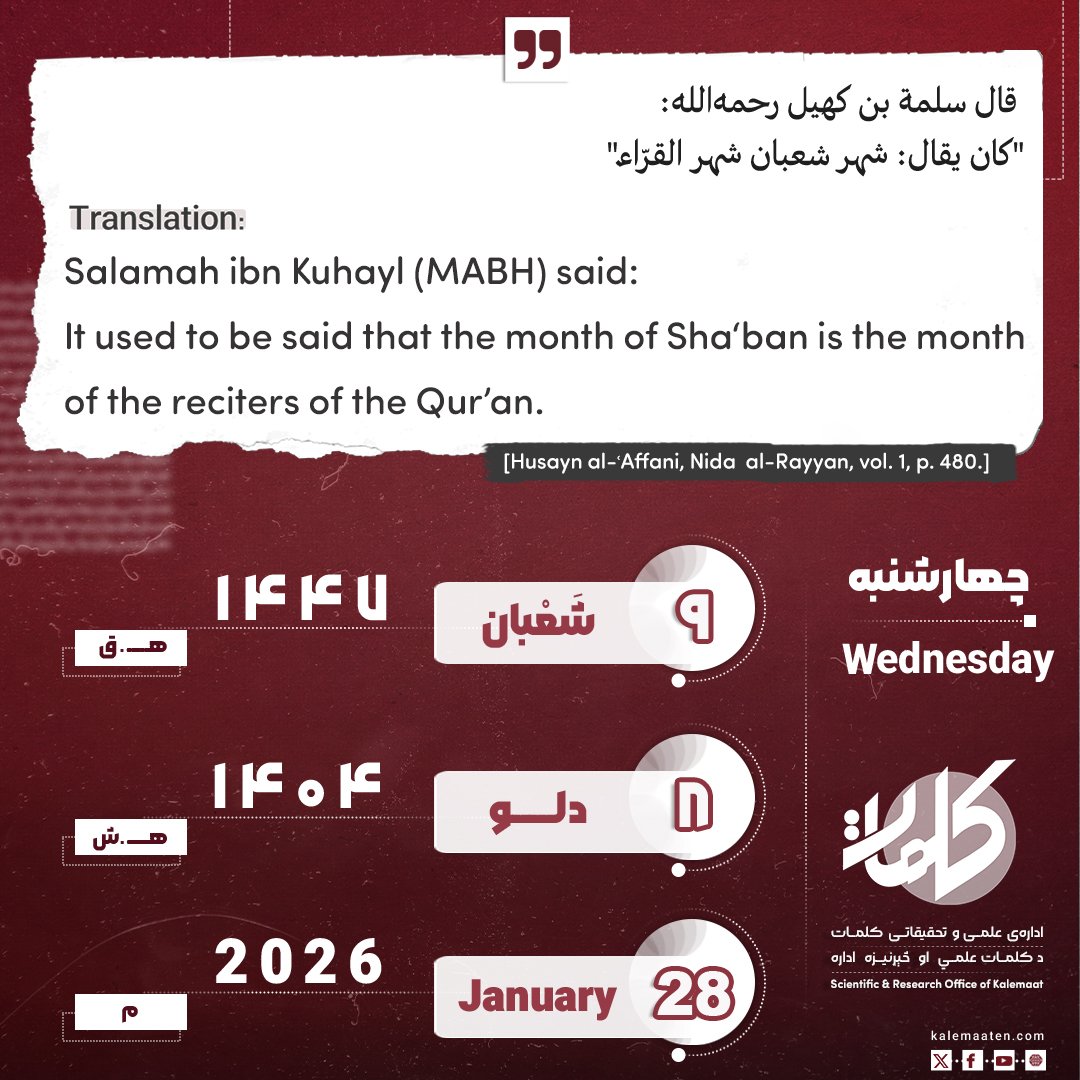
Author: Abu Raef
The Role of Muslims in the Formation and Development of Sciences (Part 13)
Compilations and Works of Imam Zahrawi
Imam Zahrawi has countless compilations in the field of medicine, particularly renowned for his contributions to surgical operations. Some of his notable works include:
1. Al-Tasrif Leman Ajz an Tahlif: This book is one of his masterpieces in the field of surgery. In it, he defines and explains approximately two hundred surgical instruments and devices with great precision. The book features depictions of the earliest recorded surgical procedures, including the first instrument designed for cutting tissues, which he named “Zaraqa” (surgical scissors).
He was instrumental in advancing the science of medicine through this work, providing comprehensive descriptions of various branches of surgery, such as urinary tract surgery, cosmetic surgery, nasal surgery, ear surgery, laryngeal surgery, and oral and dental surgery. This book is considered the first illustrated medical book in history.
During the thirteenth and fourteenth centuries, surgery and operations were viewed as relatively insignificant sciences, often equated to the rudimentary practice of shaving organs. However, in 1975, during a general assembly of surgeons, after the translation of his work into Latin, these doctors declared their independence and separation from other branches of medicine.
The first part of this book details the elements and composition of medicinal plants and techniques for dissection. The second part covers the classification of diseases and conditions, as well as their treatments. The sections from the third to the twenty-fifth focus on dietary recommendations for patients. The twenty-ninth part addresses the nomenclature of plants in various languages, the lifespan of composite plants, and explanations of compound names found in medical literature and measurements. Throughout the different chapters, he discusses various surgical procedures and describes many complex operations he performed.
Notably, he successfully operated on a patient whose intestines had protruded from his abdomen. Despite the despondency expressed by all other physicians, the patient survived the procedure and lived for several additional years.
For these reasons, this book serves as an encyclopedia of medical science and experience, featuring many modern discoveries as well. It has been translated into multiple languages, and today a street in the city of Cordoba, Spain, is named in his honor.
2. Amraz Al-Nisa (Women’s Diseases): As its title indicates, this book focuses on diseases specific to women.
3. Istihzar al-Adawiyah: Given his significant role in understanding spices and their properties, Zahrawi authored this book on the subject.
4. Tafsir al-Akyal wa al-Awzan: This work appears to detail the explanation of the weights and measures of spices.
Continues…



